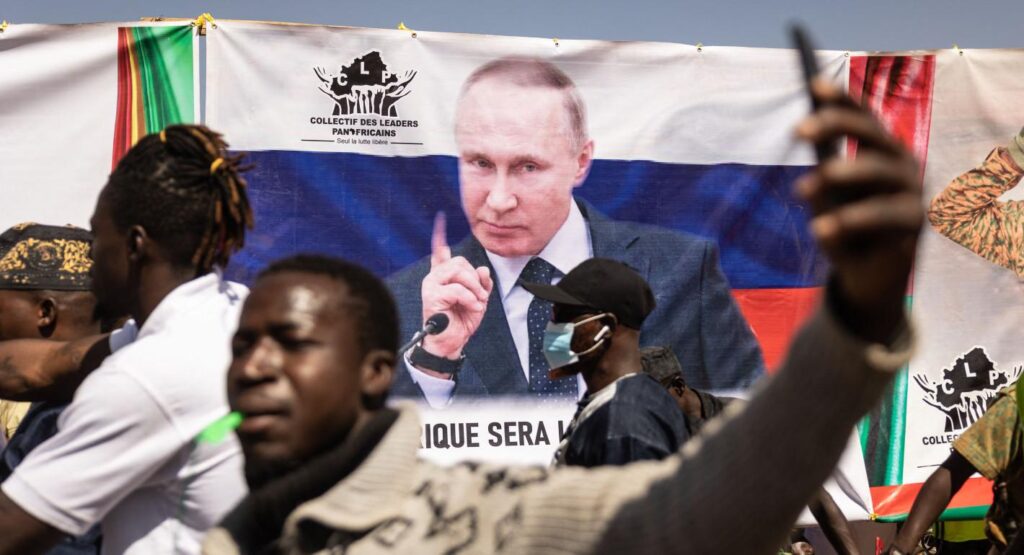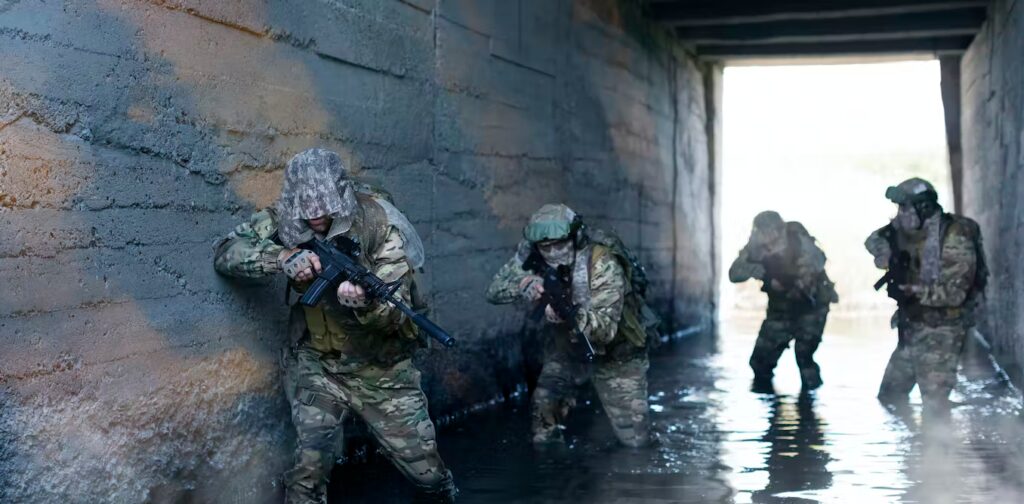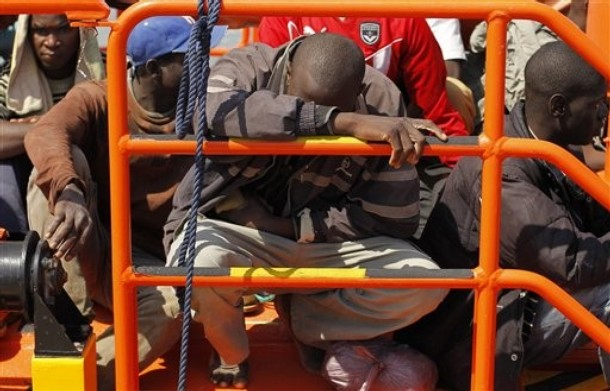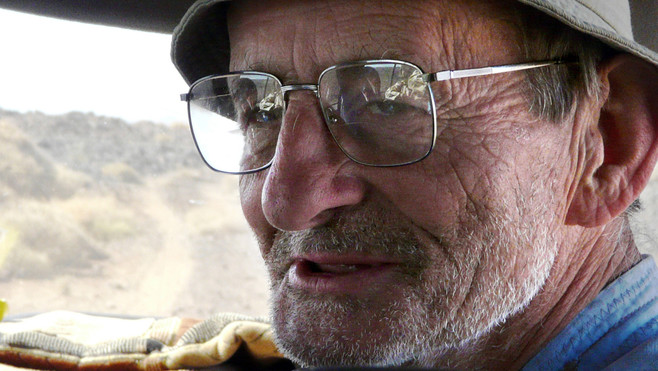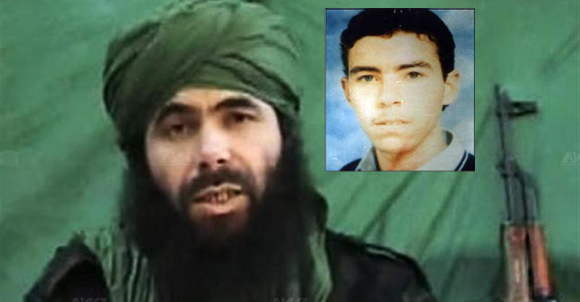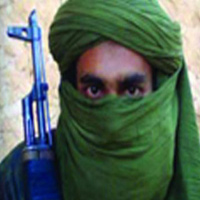Selon des sources fiables proches des services de sécurité opérant dans la région , l’arrestation ce jour du responsable présumé des enlèvements des trois humanitaires espagnols- dont Sahel Intelligence est en mesure de dévoiler le nom: Omar Ould Sid Ahmed Hamma, alias « Omar le Sahraoui »- aurait pris de court les limiers en charge de l’enquête, ce qui aurait eu pour effet de retarder les investigations.
En effet, le ravisseur présumé des trois humanitaires espagnols enlevés le 29 Novembre dernier, serait un cadre du Front Polisario, le mouvement armé indépendantiste qui s’oppose au Maroc sur le dossier du Sahara Occidental.
